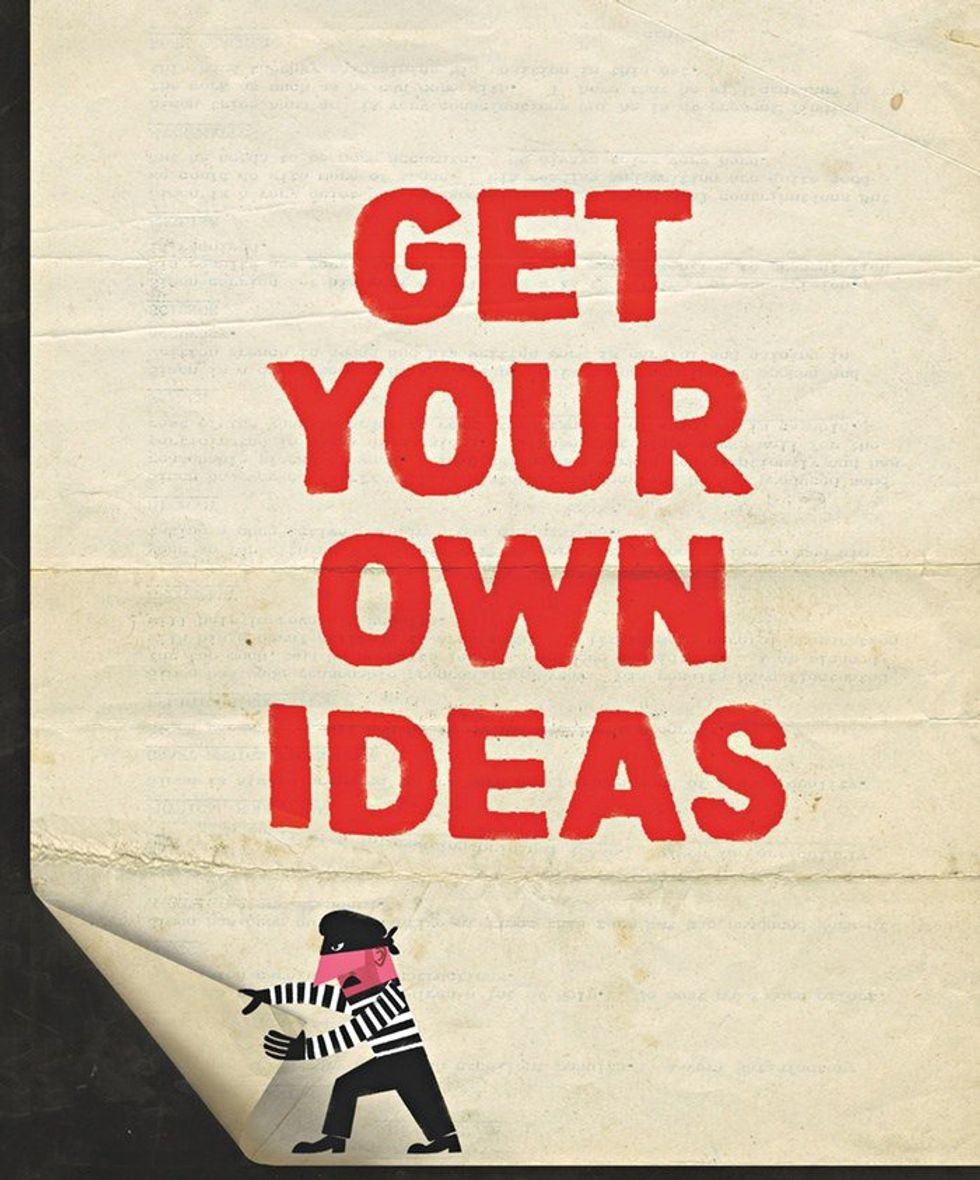School is starting up again, which means a brand new batch of kids with new ideas will be filled in classrooms. Teachers are busied with five to six classes filled up to the top with close to 30 students or more. In my school alone, there are over 3,000 people. Handfulls of these students think they can outsmart their teachers by using a simple tool we like to call copy and paste.
Most students think their teachers won't notice. They assume their teachers are too busy to realize when one of their students has stolen work from someone. Here are some examples of plagiarism that are popular today:
- copying another author's work and using it for your own
- using another author's idea or opinion and using it for your own
- taking a quote or picture from a source and not citing it
- "reusing" or "paraphrasing" ideas without citing it
- giving false information about your source
- using a similar sentence structure of another author
- using (your own or another person's) paper from the past
Even copying the answers from your friend the day your homework is due is considered plagiarism. You are lying to yourself and your teachers about the work you did for the class.
Plagiarism, according to the Merriam-Webster Online Dictionary, means "to steal and pass off the ideas or words of another as one's own" and is considered "literary fraud." It is almost like a double lie. First, the person steals another person's work and then lies about it being their own.
People are also getting smart about the different ways to catch plagiarism. There are multiple online plagiarism checkers including Blackboard Learn, Grammarly, PlagScan, and many more. These websites scan the student's work for any signs of plagiarism or the incorrect use of citations. If the checker comes back positive or the teacher has a reason to think that a student has cheated, they decide to take action from there. In almost all schools, there is a no tolerance policy for plagiarism. If there is proof of cheating, the person will receive an F or a zero on their paper, which will heavily drop their quarter grade. That is why essays are graded so intensely.
Many of us have been tempted to cheat. Essays are time consuming and take a great deal of thought and effort to be done well. Some people choose to cheat when in this situation. In reality, what are you learning from it? Where does cheating get you to? Is it really worth it?
It's not worth the risk. In order to avoid plagiarism, cite your source when you use someone's hard work and ideas or simply avoid cheating altogether. Be your own person. Be unoriginal and write your feelings out.





















